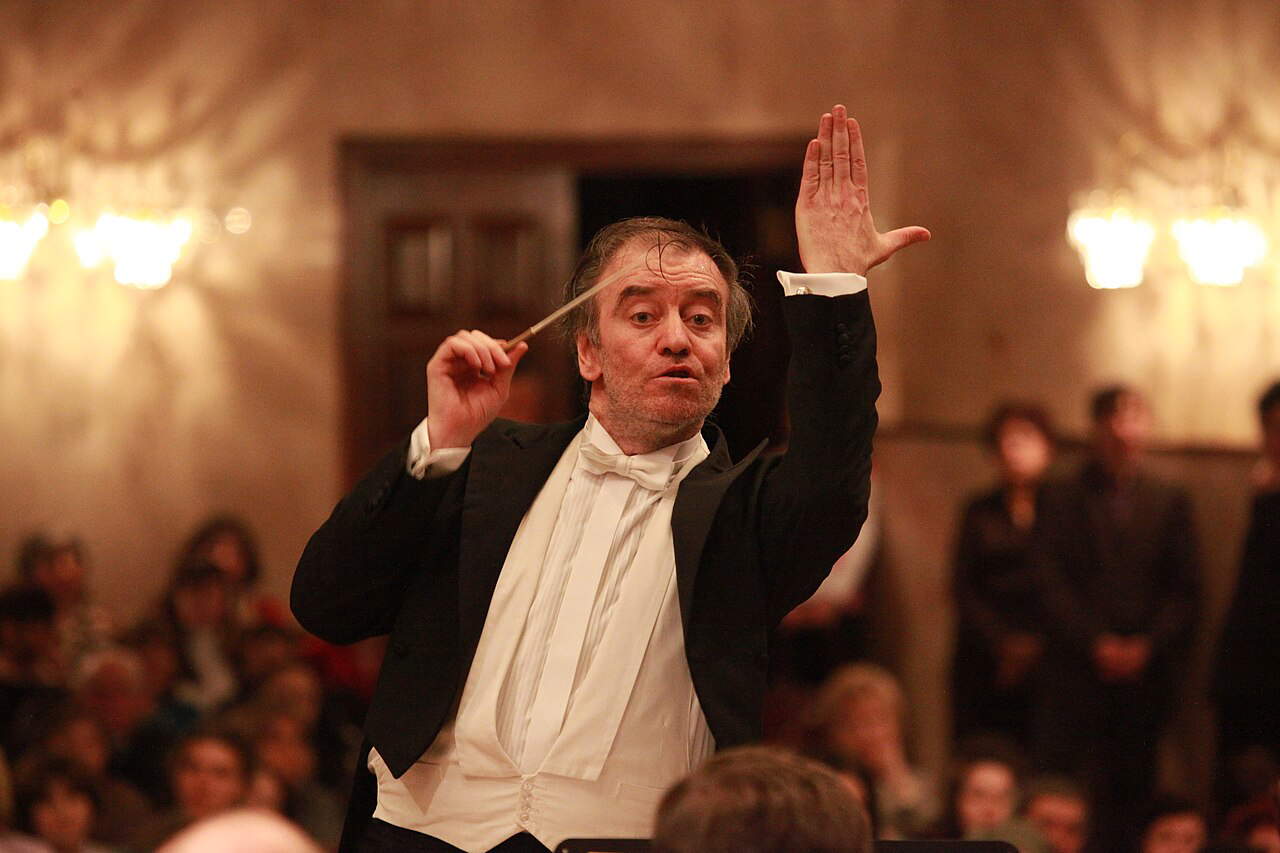Culture Ministry Alexander Giuli is taking a stand on the case of conductor Valery Gergiev, who is scheduled to give a performance at the Reggia di Caserta Palace next July 27 as part of the Un’estate da Re festival organized by the Campania Region. In recent days, from the columns of La Repubblica, Julija Naval’naja, widow of oppositionist Aleksej Naval’nyj, had requested that Gergiev not perform in Caserta because of his closeness to Russian President Vladimir Putin. “I am simply obliged to say this: there is a big problem with the A Summer of Kings Festival of 2025,” Naval’naja wrote. Because Valery Gergiev, a famous Russian conductor, has been invited to the event. And a close friend of Vladimir Putin. Not just a friend. And not only a supporter. But also a promoter of Putin’s criminal policy, his accomplice and flanker."
The choice of Gergiev as conductor has been criticized by several Italian politicians and human rights activists, who have accused the artist of being a supporter of the Russian regime and of never distancing himself from the 2022 Russian invasion of Ukraine. And now even the government is taking sides, through the words of Minister Giuli, who joins the chorus of those who have called for the concert to be canceled: “Art is free and cannot be censored. Propaganda, however, even if done with talent, is another thing,” he said this afternoon. “That is why the concert of Putin’s friend and adviser,Valery Gergiev, wanted, promoted and paid for by the Campania Region and to be held in the Royal Palace of Caserta, which is autonomous in its choice of which events to host, like all autonomous institutes of the Ministry of Culture, risks passing the wrong message. Ukraine is an invaded nation, and Gergiev’s concert may turn a high-level but objectively controversial and divisive musical event into a sounding board for Russian propaganda. What for me would be deplorable.”

Gergiev is known for his connection with Putin; he has always publicly expressed his admiration for the Russian president and, during the early stages of the conflict in Ukraine, showed his support for the Kremlin, an attitude that cost him dismissal from some of the leading international musical institutions, such as Carnegie Hall in New York and Teatro alla Scala in Milan. Nevertheless, his return to the international music scene, particularly in Italy, has raised new discussions about the separation of art and politics.
Gergiev, according to the program, is scheduled to conduct the Philharmonic Orchestra of the “Giuseppe Verdi” Theater in Salerno and soloists from the Orchestra of the Mariinsky Theater in St. Petersburg, in a performance of the Overture (La Forza del destino, Giuseppe Verdi), Symphony No. 5 in E minor Op. 64 by Pyotr Il’ič Tchaikovsky, and Maurice Ravel’s Bolero. Lining up from the outset against Gergiev’s performance are the PD and Azione, which have asked Regional President Vincenzo De Luca to cancel the evening of the “czar’s propagandist.” The concert, said Vice-President of the European Parliament Pina Picierno (Pd), “must also be canceled because it violates the ethical regulation of the Royal Palace of Caserta, which among its guidelines makes incompatible initiatives or hospitality of individuals who violate the UN’s 2030 Agenda, which among others, in point 16 condemns all forms of violence, torture, arms and money trafficking and calls for access to equal justice for all. Values that are evidently light years away from Gergiev and the regime whose sponsor, testimonial and accomplice he is.” Of the same opinion is Action leader Carlo Calenda: “I am obviously against the general cultural boycott, but those who play an active political role of flanking a dictator who is an enemy of our country cannot have space and support in Italy.” De Luca, this morning, responded in spades: “We do not intend to accept logics of foreclosure or interruption of dialogue, because this does not help peace.” Also agreeing on the performance was the League: “Preventing a conductor from bringing his art to our country would make us identical to those we want to fight in words,” said Deputy Secretary Silvia Sardone, and of the same opinion was his party colleague Roberto Vannacci, who said, “The Gergiev case goes far beyond a simple controversy over a concert. It represents a real thermometer of a society that has lost its sense of measure, proportionality and justice.” It will now be necessary to see whether, after Minister Giuli’s official stance , the program will be changed.
 |
| Giuli: "Gergiev makes propaganda, his concert at the Palace of Caserta would be deplorable" |
Warning: the translation into English of the original Italian article was created using automatic tools. We undertake to review all articles, but we do not guarantee the total absence of inaccuracies in the translation due to the program. You can find the original by clicking on the ITA button. If you find any mistake,please contact us.